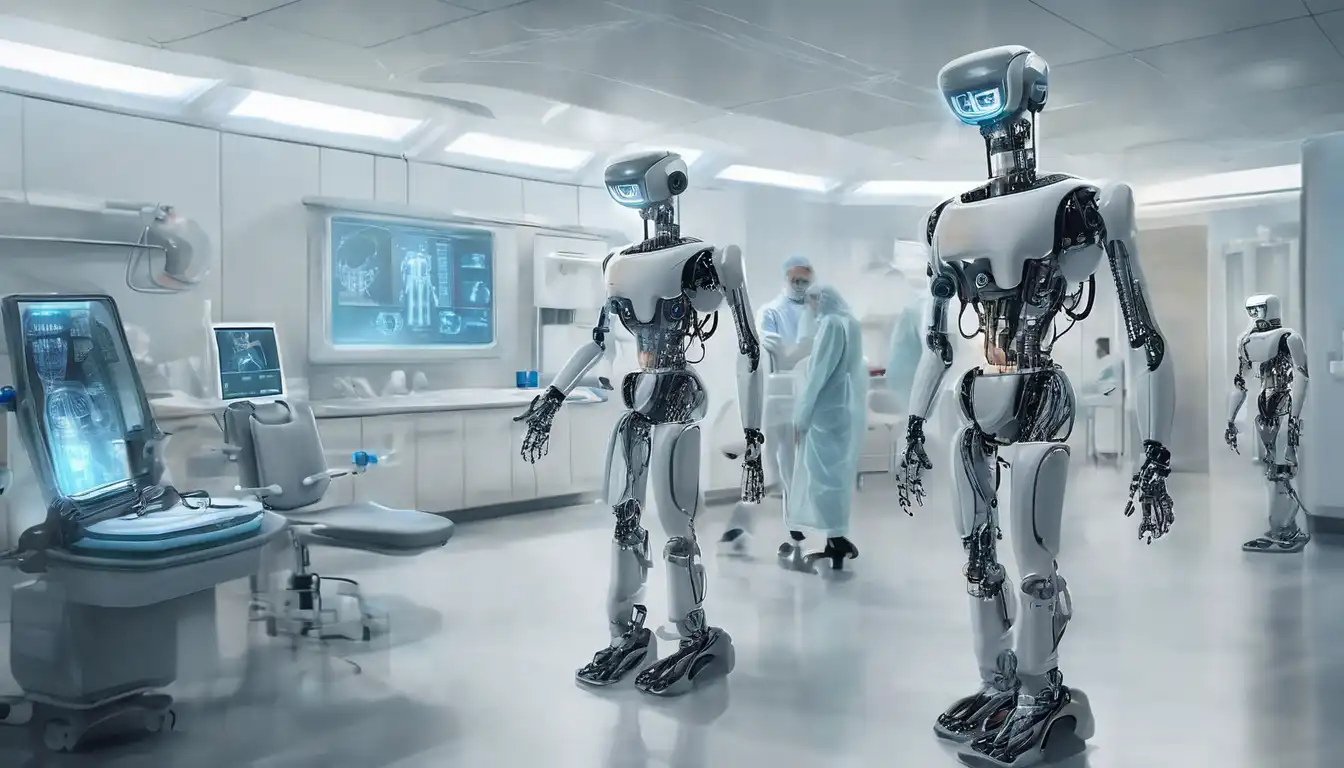The Next Era of Robotics in Healthcare
The integration of robotics into healthcare is transforming the way patient care is delivered. From surgical robots to robotic prosthetics, the future of healthcare is being reshaped by technological advancements. This article explores the potential of robotics in healthcare, highlighting key innovations and their impact on patient outcomes.
Key Innovations in Healthcare Robotics
Several groundbreaking technologies are leading the charge in healthcare robotics. These include:
- Surgical Robots: Enhancing precision in surgeries, reducing recovery times, and minimizing human error.
- Robotic Prosthetics: Offering amputees unprecedented mobility and functionality.
- Automated Pharmacy Systems: Streamlining medication dispensing, reducing errors, and improving efficiency.
- Patient Care Robots: Assisting with patient monitoring, mobility, and even companionship.
The Impact on Patient Care
The adoption of robotics in healthcare is significantly improving patient care. Surgical robots, for example, allow for minimally invasive procedures, leading to faster recovery times and less postoperative pain. Similarly, robotic prosthetics are giving amputees a new lease on life, with devices that closely mimic natural movement.
Moreover, automated pharmacy systems are reducing medication errors, a leading cause of hospital readmissions. Patient care robots are also making strides in elderly care, providing assistance and companionship to those in need.
Challenges and Considerations
Despite the benefits, the integration of robotics into healthcare is not without challenges. High costs, the need for specialized training, and ethical considerations are among the hurdles that need to be addressed. However, as technology advances and becomes more accessible, these challenges are likely to diminish.
The Future Outlook
The future of robotics in healthcare is bright, with ongoing research and development paving the way for even more innovative solutions. As these technologies become more integrated into healthcare systems, the potential to improve patient outcomes and streamline healthcare delivery is immense.
For more insights into how technology is transforming healthcare, explore our articles on AI in Healthcare and Telemedicine.
Conclusion
The future of robotics in healthcare promises to revolutionize patient care, offering more precise, efficient, and personalized treatment options. While challenges remain, the potential benefits for patients and healthcare providers alike are undeniable. As we move forward, the continued innovation and integration of robotics into healthcare will undoubtedly shape the future of medicine.
